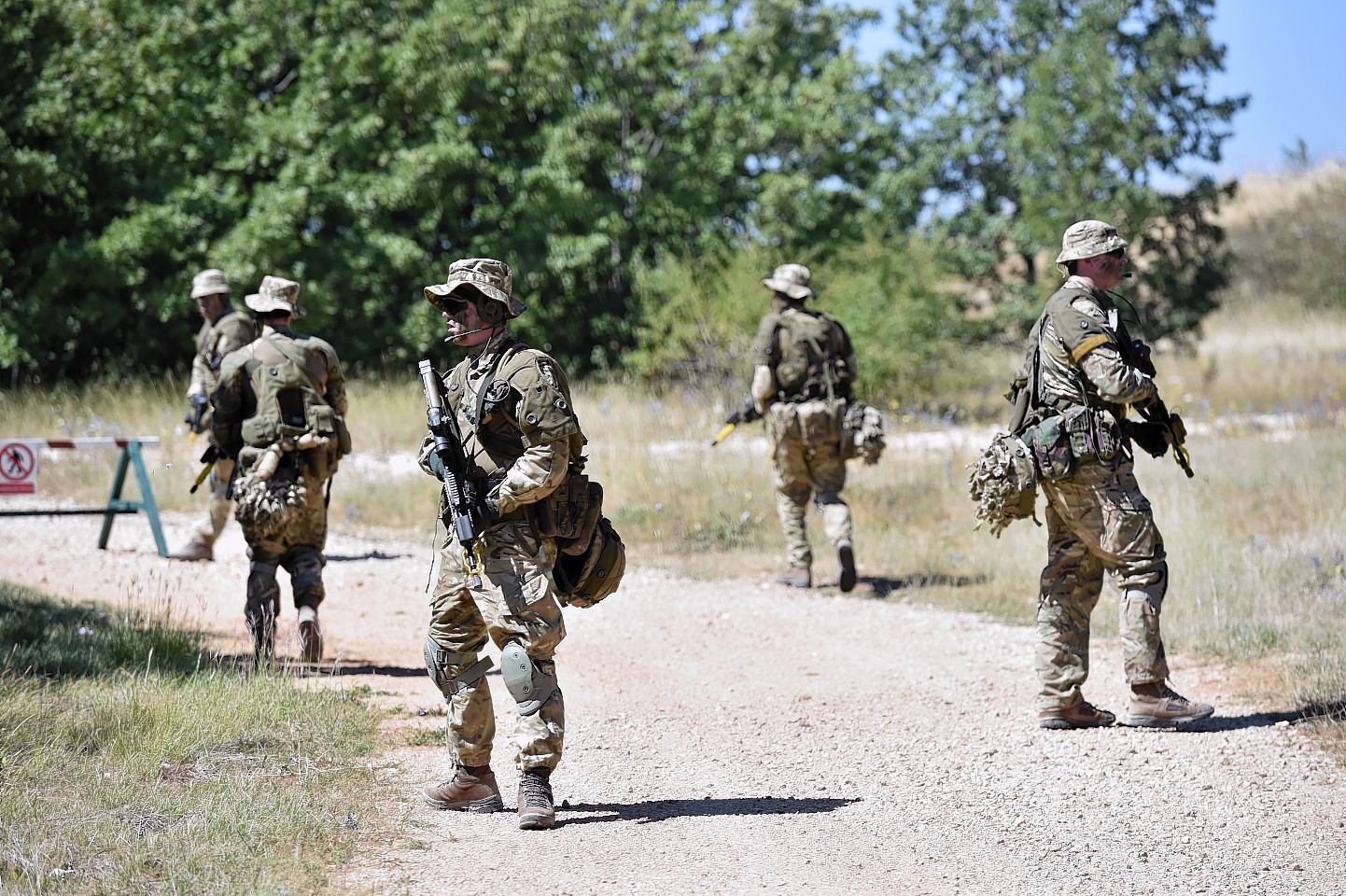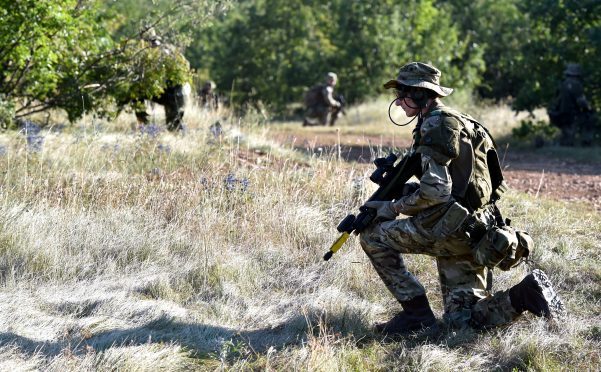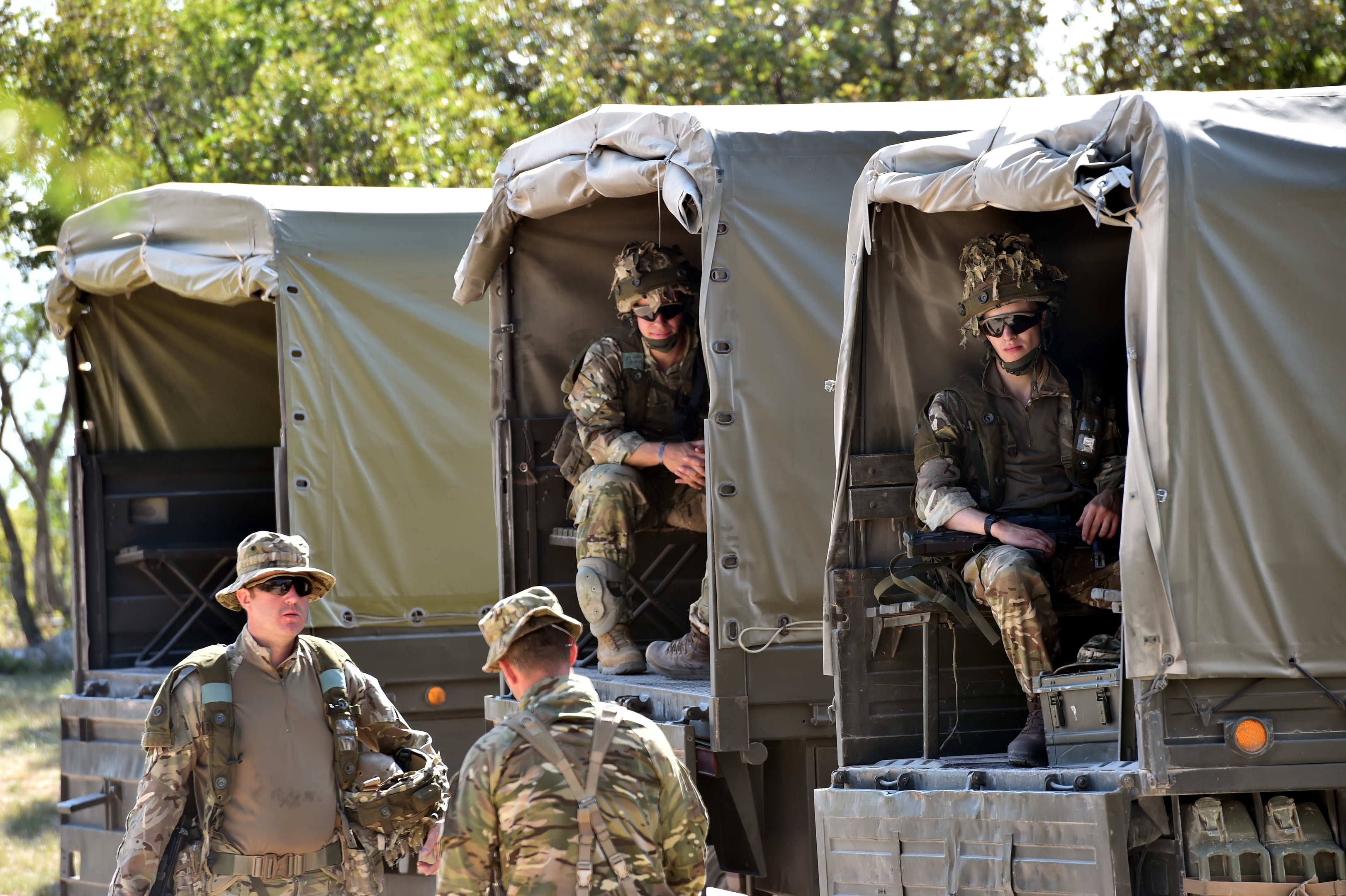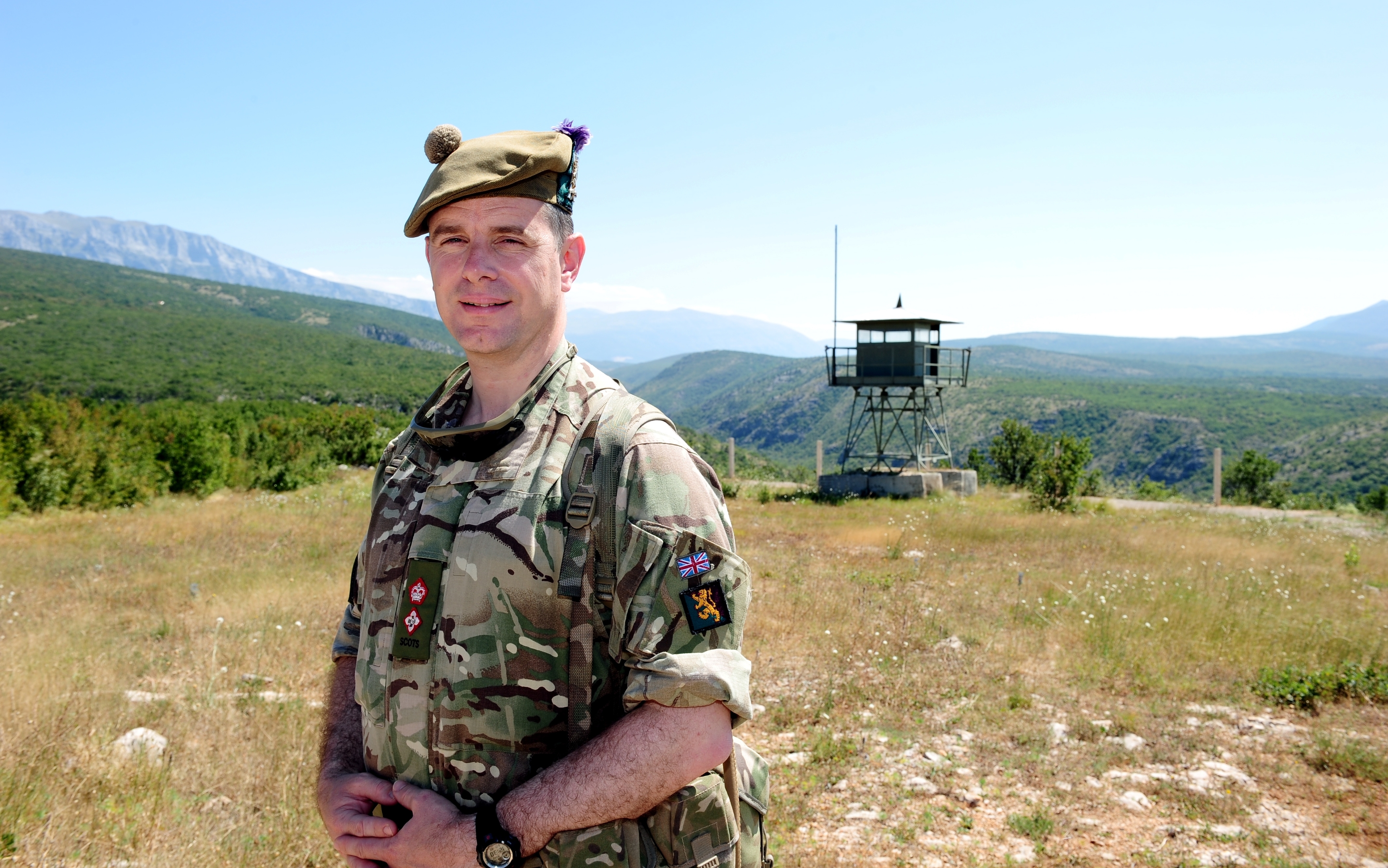Army Reservists from across the north and north-east have been training overseas with Croatian soldiers to prepare themselves for infantry warfare.
The 100-strong Caberfeidh platoon, of the 7 Scots battalion, joined forces with their Nato allies for exercise Sava Star at Camp Red Earth, which lies 1,600ft up in the hinterland near a small town called Knin.
It is located roughly 15 miles from the Bosnia and Herzegovina border, and temperatures frequently rise above 30C. Strong gusts at altitude blow earth up into the air, causing poor visibility.
But this is a Croatian Army base and the arduous conditions reflect the austere environments which Reservists can expect to face in the future when supporting the regular Army on overseas operations.
British forces are present in Afghanistan and Nigeria as part of ongoing efforts to train local forces to fight against the Taliban and Boko Haram, for instance, and the presence of Islamic State and militia groups in Libya also poses a threat.
The UK Army Reserve, formerly the Territorial Army, recruits people who have civilian jobs and aims to balance numbers of those with little or no military experience with trained ex-soldiers.
There are currently 395 Reservists in the 7 Scots which has its headquarters in Perth, and reservists from across the country – including Aberdeen, Elgin, Inverness and Stornoway – are among those training at Red Earth.
A second role of the Reserves is to encourage civilians to gain vital leadership, teamwork and confidence skills which they can take back to their civilian jobs. It also gives people with specialist skills, such as medics and engineers, a chance to use them in new ways.
Lieutenant Colonel Piers Strudwick, commanding officer of the 7 Scots, said: “People have misconceptions about military service. There’s always a stigma that you are going to join the Army and you will end up in Syria and step on a bomb. The perception is that it’s all about hardship and doing what you are told. The reality is that it’s about opportunity. It’s about taking people through individual training and having the opportunity to experience something different.
“We are window cleaners, painters and decorators, lawyers and builders. We have guys who are private soldiers who run their own companies and you get sergeant majors coming down several ranks to become local sergeants in the Army Reserves. Whatever it is we are all coming together”.
More dependency is now being placed on the Army Reserves to train up good soldiers as numbers in the regular British Army have been reduced from 102,000 to 79,000 in the last two years.
The UK Government has set an ambitious national target of 32,000 Reservists by April 2019 – but question marks remain over whether this is achievable.
Lt Col Strudwick is not sure of the exact number Reservists across the UK, but he knows his battalion are performing well by recruiting at least 10 people each month.

He added: “From my own experience inside 7 Scots, I have found if you can demonstrate that you are offering meaningful employment and it is beneficial to the individual and they understand the reason for participating, you will find they will say, ‘I want a bit of that and want to be a role model and improve myself'”.
He said employers are now recognising the transferable skills, and that senior staff at the University of the Highlands and Islands in particular have told him that they see the Reserves as a key part of the route for their students.


